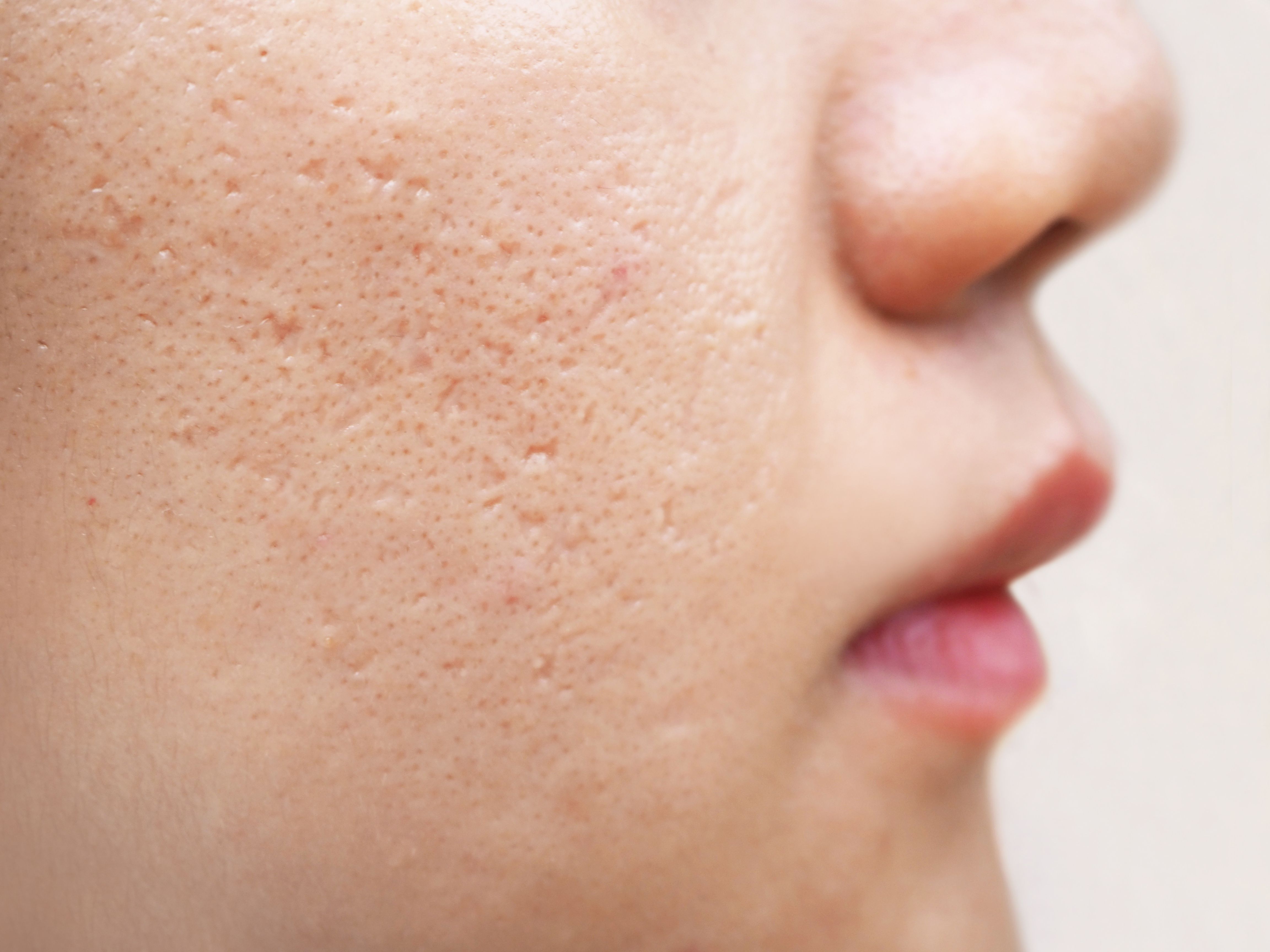- Acne
- Actinic Keratosis
- Aesthetics
- Alopecia
- Atopic Dermatitis
- Buy-and-Bill
- COVID-19
- Case-Based Roundtable
- Chronic Hand Eczema
- Drug Watch
- Eczema
- General Dermatology
- Hidradenitis Suppurativa
- Melasma
- NP and PA
- Pediatric Dermatology
- Pigmentary Disorders
- Practice Management
- Precision Medicine and Biologics
- Prurigo Nodularis
- Psoriasis
- Psoriatic Arthritis
- Rare Disease
- Rosacea
- Skin Cancer
- Vitiligo
- Wound Care
News
Article
Probiotics Effective for Moderate Acne When Used with Doxycycline
Author(s):
Key Takeaways
- Probiotics combined with doxycycline improve acne treatment outcomes, especially on the forehead, chin, and nose, compared to doxycycline alone.
- The study showed fewer adverse effects in the group using probiotics, indicating a safer treatment profile.
The clinical trial showed promising results for patients who used probiotics as an accompanying treatment.
Image Credit: © dermnetnz.org

A new study shows the positive impact of probiotics on the treatment of acne vulgaris when used as a supplemental therapy.1 Probiotics can lower sebum production and reduce inflammation, making it effective for mild to moderate acne.2 Those who used a combination of doxycycline and probiotics reached overall higher treatment outcomes compared to those who just utilized doxycycline.
The randomized, double-blind controlled trial took place at a health care center between 2018 and 2020. Participants were aged 15 to 35 years with moderate acne, which was defined as a grade of 2 or 3 on the Global Acne Assessment Scale (GAAS) and the presence of 20 to 30 inflammatory lesions.
The 80 patients (46.2% female and 53.8% male) were evenly divided into 2 parallel groups. Each implemented an antibacterial face wash daily in combination with Adapalene gel every other night. The control group took 100 mg of doxycycline each day while the intervention group received 2 daily probiotic capsules along with the doxycycline.
Results were tracked via lesion photography and the Global Acne Grading System (GAGS) during follow-up visits at 1, 2, and 3 months. Statistical analyses were then performed using the chi-square test, Fisher's exact test, independent t-test, and logistic regression analysis.
Although both groups showed improvement, the outcomes were significantly better in the group that combined doxycycline and probiotics. The investigators saw a greater difference in acne on the forehead, chin, and nose. Areas including the cheeks, back, and chest saw no difference.
Overall, the intervention group had a better treatment response and a greater reduction of lesion severity (p < 0.001). The mean decrease in GAGS scores for total body acne at 3 months was 2% greater in the patient group taking doxycycline with the combination of probiotics.
“Acne showed improvement in all areas for both groups over time, with a significant difference observed in the forehead area according to the GAGS criteria,” the researchers said.“The variation in response rates to the combined treatment of doxycycline and probiotics across different areas can be attributed to factors such as the initial intensity of the lesions, the density of sebaceous glands in the area, and the degree of inflammation of the lesions.”
Both groups experienced some mild adverse effects. In the group that was only treated with doxycycline, 9 patients experienced dyspepsia, 4 patients had diarrhea, and 2 patients suffered from headaches. The group that had probiotics added to their regimen experienced fewer adverse events with 6 patients having dyspepsia and/or headaches.
In terms of study limitations, there may have been some inconsistencies in participants’ adherence to treatment and follow-ups. Because of this, the researchers recommend a longer, multi-center trial with more patients to provide a better understanding of this treatment regimen.
Probiotics are a safe and effective treatment for acne that can enhance the power of existing management strategies, such as doxycycline. According to investigators, clinicians should consider incorporating probiotics as a holistic strategy, especially if patients are unresponsive to antibiotics.
References
1. Atefi N, Mohammadi M, Bodaghabadi M, et al. Evaluating the Effectiveness of Probiotic Supplementation in Combination With Doxycycline for the Treatment of Moderate Acne: A Randomized Double-Blind Controlled Clinical Trial. J Cosmet Dermatol. Published online October 16, 2024. doi:10.1111/jocd.16614
2. Thiboutot D, Gollnick H, Bettoli V, et al. New insights into the management of acne: an update from the Global Alliance to Improve Outcomes in Acne group. J Am Acad Dermatol. 2009;60(5 Suppl):S1-S50. doi:10.1016/j.jaad.2009.01.019
Newsletter
Like what you’re reading? Subscribe to Dermatology Times for weekly updates on therapies, innovations, and real-world practice tips.











